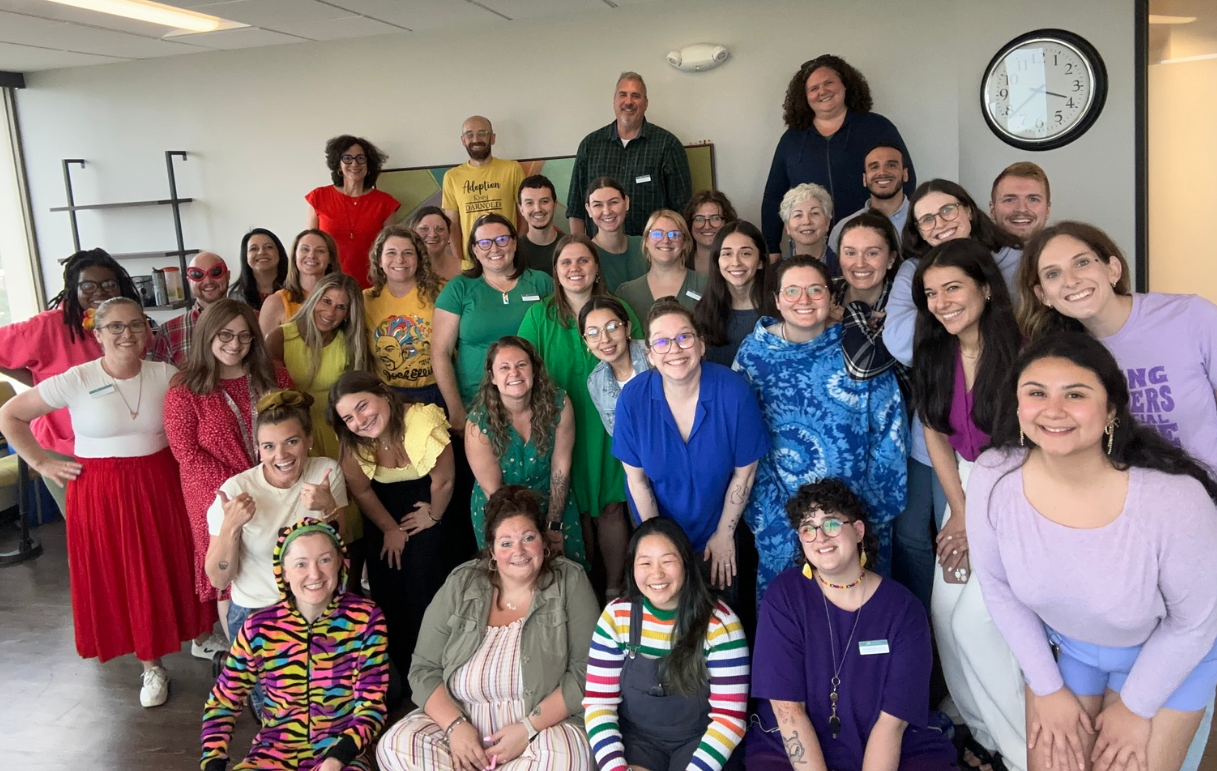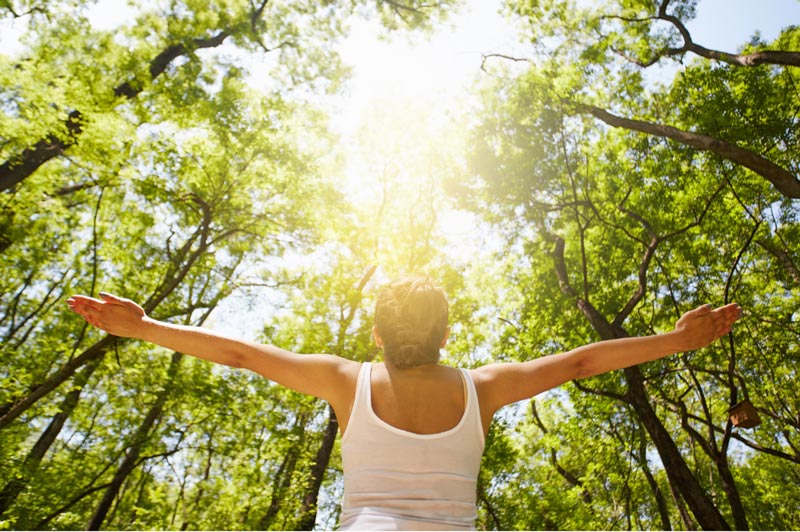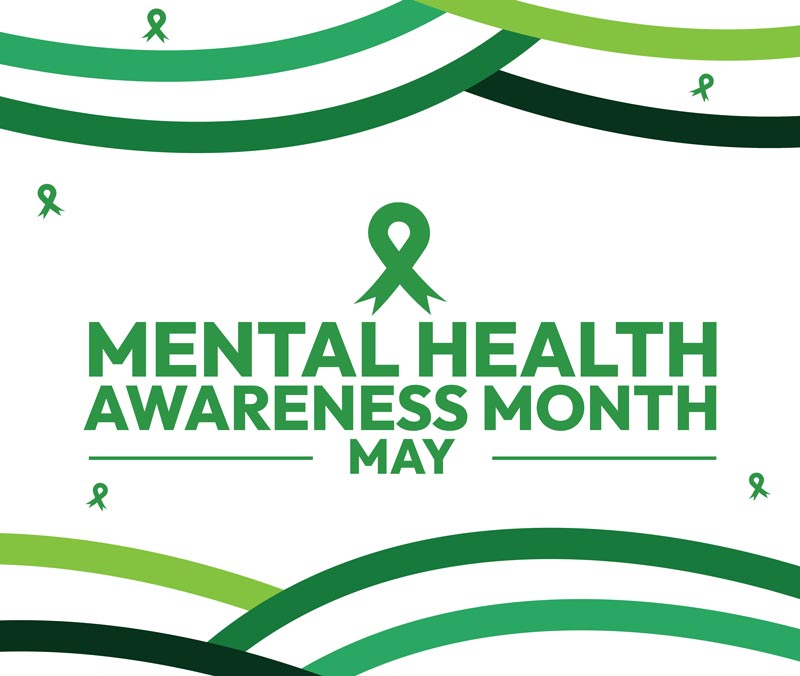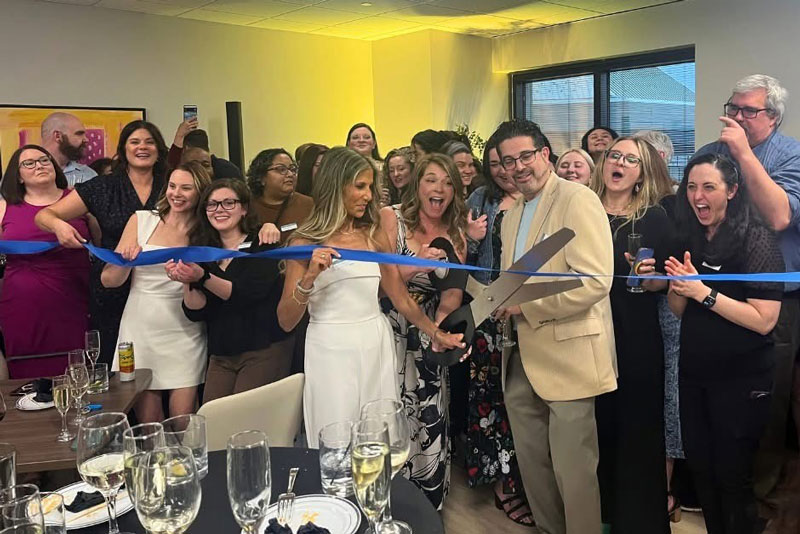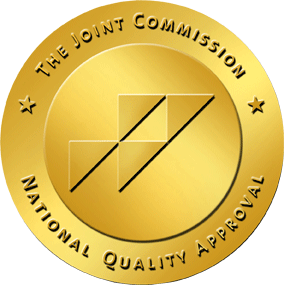It’s June and it seems like everywhere you look is a sea of rainbows accompanied by the friendly and excited, “Happy Pride!” You may have also noticed an increased number of social media posts referring to the origins of Pride month. Pride started as a riot in the West Village neighborhood of Manhattan, NY. Those involved were fighting for their right to be recognized as full members of their communities, for connection and belongingness, for the basic rights that their straight neighbors were granted. Each year after that day in June 1969, 2SLGBTQIA + (Two-spirit, lesbian, gay, bisexual, transgender, queer/questioning, intersex, asexual) people continue to gather, remember, and offer community to each other.
A significant amount of research exists on the psychological benefits of belonging for humans, which can be a protective factor against depression, anxiety, and suicide. However, many factors contribute to people feeling they don’t belong or have been rejected by others. Some examples of this within the 2SLGBTQIA+ community include:
- Laws that restrict the rights of a certain group of people, like dictating who someone can marry or who can adopt children.
- Children who grow up believing their parents’ or caregivers’ love is conditional based on their identity. This may result in children suppressing their true identities or experiencing loss of that familial relationship, either of which falls under the umbrella of rejection.
- Medical providers who use the incorrect name and pronouns for someone within their care Patients may feel unseen or unheard in spaces they should feel most comfortable.
- Rejection also shows up within the Gay community, which can lead to intense anxiety, isolation, and hopelessness.
Hi! I’m Erica. I use she/her pronouns and I’m a lesbian. This is how I check in when leading the LGBTQIA+ process group at Skyway. When we first launched the breakout group, my co-lead, clients, and I had many conversations around belonging and the fears of not being “gay enough” or “gender fluid enough” or identifying as bisexual in the space. So, while many people are speaking to our allies and to our elected officials, I would like to take this chance to speak to my fellow queers, gays, enbys, demis, ace, and the full rainbow of 2SLGBTQIA+ community.
Our mental health is important!
We have all heard and felt the stereotypes within and around different members of the community. When I first came out in my 20’s, gay marriage was only legal in Massachusetts. I grew up on the East Coast and many lesbian couples I knew would take trips to the Cape or to Boston and come home married. In 2004, I was in New York City and at the mercy of endless comments about how I didn’t belong in gay spaces. “You don’t look like a lesbian.” “Who brought this straight girl?” “If you ever want to get a girlfriend, you better cut your nails and start looking more butch!” As a result, I felt I had no place to fit in and resigned to being alone forever and not sharing that I wanted to date other women.
Things have changed a bit in the last 20 years, and I did end up dating and getting married and sharing my lesbian identity with others. BUT I still hear similar stories of isolation, rejection, and the loneliness of not belonging. I encourage you all to think about the times when you have felt this way. Notice how that lack of belonging was or currently is still being reinforced. How have you contributed to others’ feelings of rejection or belonging?
One of the most common categories of trauma I work with is called Traumatic Invalidation. “Traumatic invalidation occurs when a person’s environment repeatedly or intensely communicates that their characteristics, behaviors, or emotional reactions are unacceptable” (Harned, 2021). This type of trauma can cause symptoms of PTSD and self-invalidation that shows up as blaming yourself for problems or ignoring your own needs, not trusting yourself, having unrealistic personal standards, pervasive insecurity like people pleasing or difficulty trusting others, and feeling like you should not take up space or do not fit anywhere (Harned, 2021). Creating and maintaining barriers that exclude certain people or questioning someone’s self-identification only further harms our community and its members. This Pride let’s welcome each other, make space at the table, and fight against rejection and/or isolation. Welcoming someone into the community without question can be incredibly healing for everyone involved. While we have gained so much in the past 20 years since gay marriage was legally recognized, the work continues both within our community and within the larger systems we live.
I feel privileged to work in an environment with many other members of the 2SLGBTQIA+ community. It’s rare to find a space where your identity is not questioned or is contingent on your appearance or your partner/partners. Many of us work toward offering the same space to our clients and I am always honored when someone tells me that Skyway is “super gay” or when clients feel safe enough to come out to me or their peers. Some past clients have nicknamed us “SkyGAY,” and we fully embrace that. Whatever support our clients are seeking is always met with open arms, curiosity, community and an unwavering dedication to healing. This June, and every month thereafter, I hope that you’ll take a note from Skyway and include others into your space—everyone deserves the chance to feel included, loved and valued.
